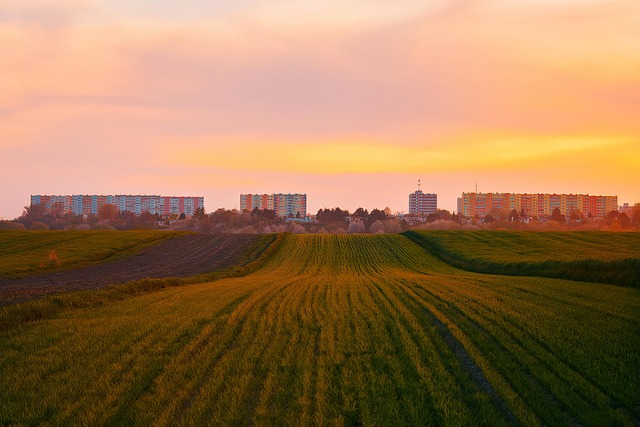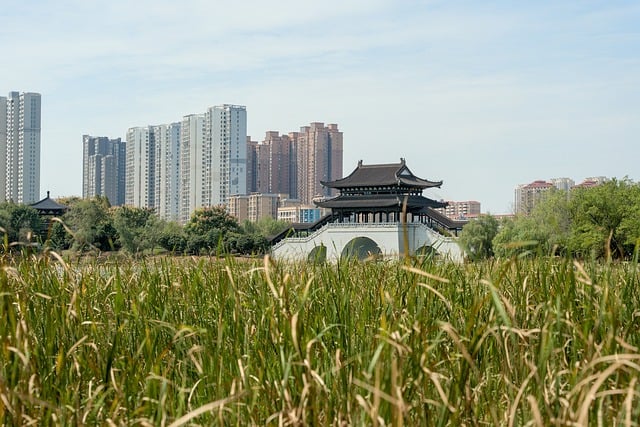Urban agriculture is transforming our cities into vibrant, greener communities. Imagine the heart of a bustling metropolis, once dominated by concrete and steel, now brimming with the colors and aromas of fresh produce. This remarkable shift not only enhances the aesthetics of urban landscapes but also plays a crucial role in promoting environmental sustainability.
As climate change increasingly affects our urban ecosystems, the need for sustainable practices becomes paramount. Urban agriculture, with its commitment to eco-friendly methods, reduces our carbon footprint by sourcing food locally. Instead of relying on transportation from distant farms, communities are cultivating their own vegetables, fruits, and herbs right in their backyards or community gardens. This local approach diminishes pollution and minimizes the energy required for food transport.
Gardening initiatives within urban settings offer numerous benefits. They create green spaces that improve air quality, mitigate the urban heat island effect, and promote biodiversity. A rooftop garden not only provides fresh food but also serves as habitat for birds and pollinators. This reconnection with nature fosters a sense of community, as neighbors come together to plant, maintain, and harvest these gardens. The shared experience of nurturing plants can bridge cultural gaps and strengthen community ties, cultivating a deeper sense of belonging and collective responsibility.
Moreover, urban agriculture promotes health and well-being. Community gardens encourage residents to engage in outdoor activities, enhancing physical fitness and mental health. The act of gardening itself is therapeutic—digging in the soil, tending to plants, and witnessing their growth can bring joy and reduce stress. Access to fresh produce also encourages healthier eating habits, combating urban food deserts where grocery stores are scarce.
In addition to these personal benefits, urban agriculture initiatives often emphasize eco-friendly practices. By utilizing organic gardening techniques, such as composting and permaculture, communities can foster soil health and minimize chemical usage. These practices not only yield nutritious crops but also contribute to a healthier environment for all residents. As cities adopt policies supporting sustainable urban agriculture practices, they pave the way for greener, more resilient cities.
In embracing urban agriculture, we take significant strides toward a more sustainable future. A commitment to growing greener communities resonates with individuals seeking to make a positive impact, reinforcing the bond between people, their food, and the environment. It’s a movement that champions the idea that anyone, regardless of their circumstances, can foster nature within the urban jungle. Through collective efforts, we can reclaim our cities as spaces where nature and community thrive together.
Join the urban agriculture movement and become part of a community striving for a greener, healthier future. Whether you’re planting a small herb garden on your balcony or participating in a community farming project, every effort counts. Together, we can cultivate not just plants, but a sense of unity and a commitment to our environment.




